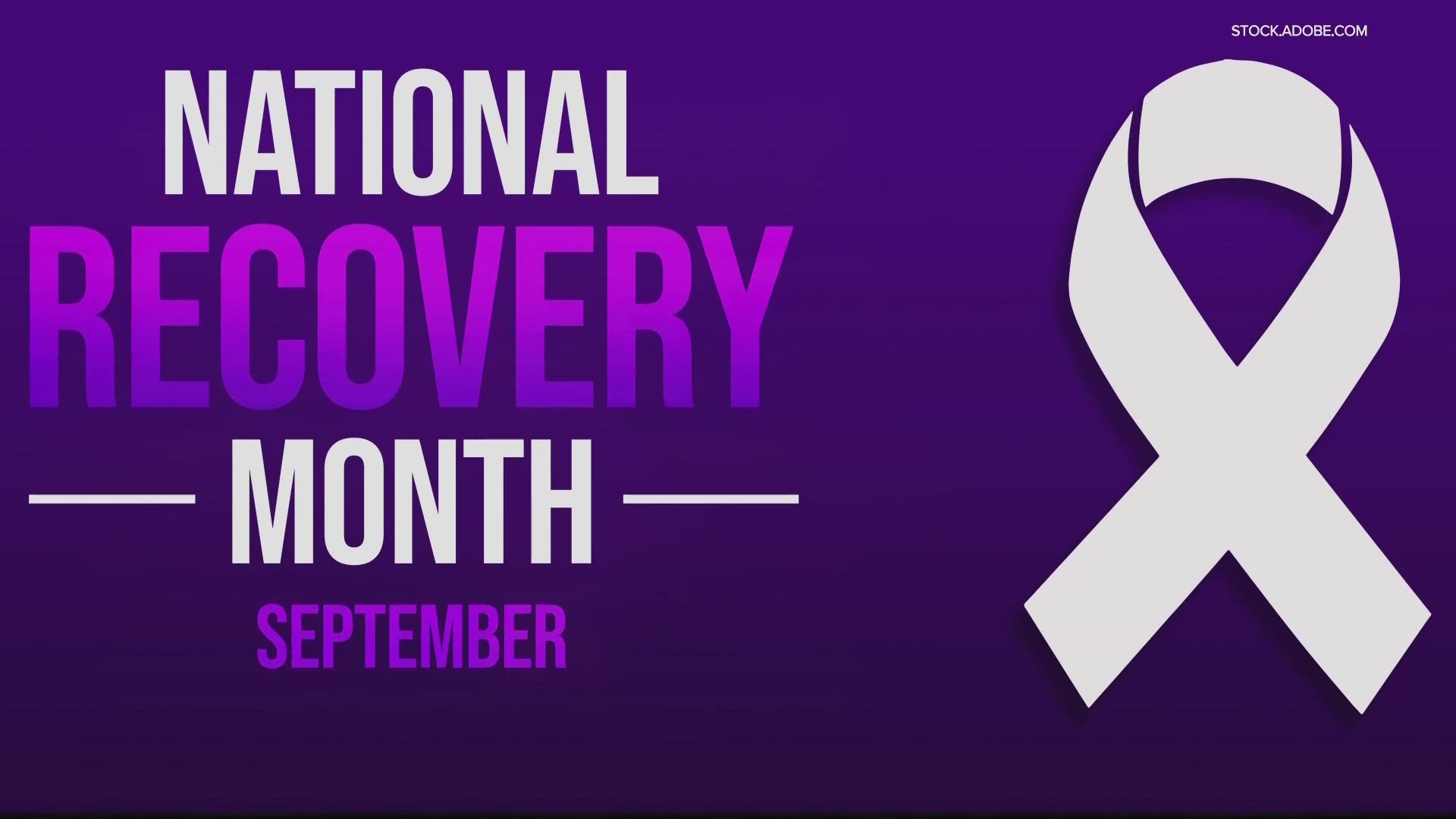PORTLAND, Ore. — September is National Recovery Month, a time to celebrate the gains of those in recovery and to talk about the path to get there.
No one is immune from a substance abuse disorder and its impact is far-reaching. That’s why support is so important, but it can be hard to get care.
More than 15% of adults say they had a substance use disorder in the past year, more than 93% of those people did not get any form of treatment, according to Mental Health America
“Since we need to do more prevention and early intervention, so that we don't see people on the extreme when they finally are landing in the hospital or need more acute care,” Dr. Andree Miceli said.
Miceli is a clinical director of behavioral health for Regence Blue Cross Blue Shield of Oregon. She’s seen substance abuse rise in recent years, not only in the number of people struggling but also in the scope of substances.
The way people are getting treatment is changing. Virtual care, however, has opened the door to access for many.
“Transportation is an issue, so being able to provide virtual care is really a win, and the level of service that one receives virtually is just as good as if they're going in person and can actually prevent trips to residential or acute care,” Miceli said.
Addressing substance abuse starts with talking about it. A major goal of National Recovery Month is to remove the stigmas surrounding substance abuse disorders and seeking treatment.
“We can't put our heads in the sand. We have to say, OK, it's out here. And if we see something budding, don't be afraid to ask, 'Hey. Are you OK? Do you need help?'” Miceli said. It's an illness. If we have cancer, we go to treatment. If we have the flu, we go get treatment, if we have a substance use problem, we need to get treatment. Just like just like a health issue. “
Remember if you or someone you know is struggling, you’re not alone.
- The Substance Abuse and Mental Health Services Administration (SAMHSA) National Helpline is free, confidential, and available 24/7: 1-800-662-HELP (4357)
- National Mental Health Crisis Line: 988
- Oregon Health and Science University Substance Abuse Treatment Program (SATP)
503-220-8262, ext 31841
360-696-4061, ext 31841 - Portland, Oregon and Multnomah County 24-hr crisis and referral: 503-988-4888 or 1-800-716-9769
- Clark County, Washington, Crisis Line 24-hr crisis and referral: 360-696-9560 or 1-800-626-8137

